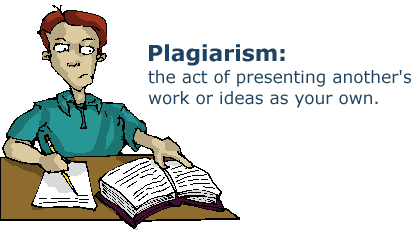Find your review here.
Click here for the link to your book.
Thursday, July 26, 2018
Wednesday, July 18, 2018
Topics for exam #2 SUMMER B (miniterm)
Click here for topics to exam #2.
Click here for your textbook website.
you should bring your own scantrons: #888-P or #882-E
Click here for your textbook website.
you should bring your own scantrons: #888-P or #882-E
Monday, July 16, 2018
Topics for Exam #3, SUMMER A (revised after our class)
Topics for review for Exam #3 on Chapter 4 are here.
Here is the link to your textbook. Do the tests for chapter 4.
If you have any questions, post them in this post. I'll try to get to them ASAP.
Here is the link to your textbook. Do the tests for chapter 4.
If you have any questions, post them in this post. I'll try to get to them ASAP.
Why being a woman is more than being a woman (Summer A)
I wrote this post in my personal blog m.bourbaki thinking of you guys. You're more than welcome to leave a comment, in agreement or disagreement (leave your comment at the m.bourbaki site).
Monday, July 2, 2018
Plagiarism & how to fight it (read carefully)
In order to finish your assignment quickly, you may feel tempted to just copy and paste info. It's so obvious; just underline the paragraph, copy and paste it. DON'T!
I will detect the copy and edited text and send it back immediately along with a warning. Save yourself the embarrassment.
How do I know it's not yours? It's a matter of style. Your writing (as good or bad as it may be) has a specific flavor. Writing reflects the way you think and talk, which is a well-known aspect of how syntax relates to semantics. When one inserts notes and paragraphs here and there, even a not-so-clever writer is able to detect the disparateness within the whole thing. There is a new field of semiotics in plagiarism. 😂
What is plagiarism? Using ideas, words, or a product without crediting the original source.
Passing off someone else's ideas, words, or product as your own.
Presenting as a new idea or product created by someone else.
More bluntly? Plagiarism is conceptual theft and goes against the US Copyright law and the USFSP Code of Conduct.
How can you avoid plagiarism? Just cite where you got your information.
As you research, keep track of the books, articles, and other resources you consult WHILE you do your research. This will save you time from having to track down where you originally found your information for your Reference List. For each source, keep a list of the following information:
For a Book
Author, Book Title, Place of Publication, Publisher, and Date of Publication
For an Article
Author, Article Title, Journal Title, Volume Number, Issue Number, Page Numbers, Year of Publication, and the date of when you viewed the article
For a Webpage
Author, Web Page Title, the URL (website address), and the Date (when you viewed the webpage).
